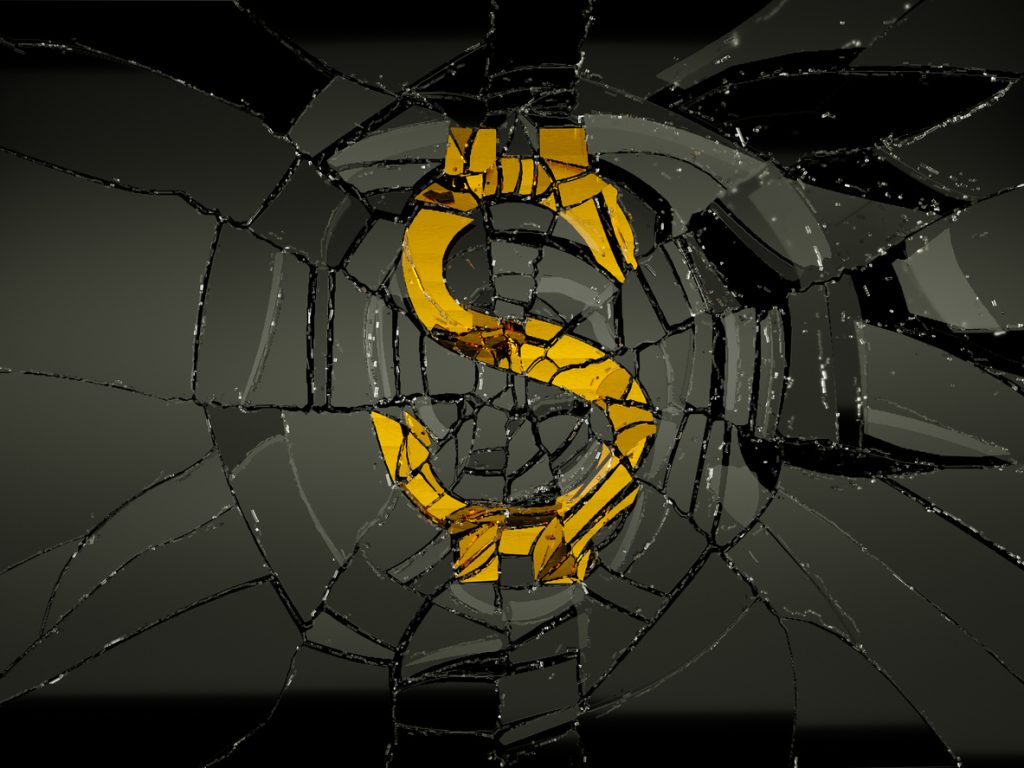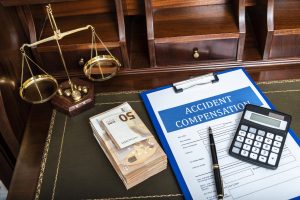Any type of accident resulting in injuries can be financially devastating. Suddenly, bills are pouring in and you have no idea how you’re going to pay off these surprise expenses. Most accident victims are eligible to receive compensation for damages stemming from an accident.
However, understanding potential economic damages is crucial when you’re seeking financial compensation for your losses. So, what are your potential economic damages? While every personal injury claim is unique, there are some common economic damages.
What Are Economic Damages
Before you can claim economic damages, it helps to know what they are. Damages in personal injury claims are typically divided into three categories, economic, non-economic, and punitive.
Economic damages are your tangible losses. In simple terms, these are items that come with bills and receipts. Calculating the total of your economic damages is relatively simple. You grab all of the bills and receipts for losses relating directly to the accident. The amount of all of your bills, both paid and unpaid, gives you the total of your economic damages.
Non-economic damages are a little harder to calculate. These are intangible losses like pain and suffering. Your personal injury attorney can apply either the multiplier or per diem method to come up with the estimated value of your non-economic damages.
Punitive damages are only awarded in civil court, and this means you must file a personal injury lawsuit. If a judge or jury believes the at-fault party is guilty of gross negligence, you may be entitled to receive punitive damages.
Okay, now that you have a better understanding of the types of damages let’s take a closer look at common economic damages listed in personal injury claims.
Common Types of Economic Damages
Some or all of the following may apply to your personal injury claim. A quick note, if you haven’t suffered a specific economic loss you can’t include it in your personal injury claim. Your claim can only list damages that you suffered as a result of the accident.
Medical Expenses
Even if you don’t believe you suffered any injuries, you should still see a healthcare provider after being involved in an accident. Even a minor slip-and-fall can cause injuries that may take a while to start showing signs and symptoms.
You can claim this expense on your insurance claim against the at-fault party. If your injuries are more severe and require treatment, this should also be listed on your claim. Some examples of common medical expenses include:
- Treatment in the ER, which can also include an ambulance ride from the accident scene to the hospital
- X-rays, MRI scans, blood tests, and other diagnostic services
- Surgeries
- Follow-up doctor’s visits
- Prescription medication
- Physical therapy
To include any medical expenses in a personal injury claim, you must be able to provide all of your bills and receipts. Your medical records are also important to have for proving your claim.
Future or Long-Term Medical Care
Some severe injuries require future or continuing medical care, and this can be anything from rehabilitation therapy to at-home care. You may even need future surgeries and this can be a recoverable medical expense.
To receive compensation for future and ongoing medical care, you’ll probably need to provide the insurance company with expert medical opinions. These documents simply verify your need for additional medical care. If you can’t provide expert medical testimony, you may not be able to claim this economic damage.
Property Damage
Not all accidents result in property damage but if this applies to you, it can be considered economic damage. Vehicle accidents typically include property damage. The compensation can help cover vehicle repair or replacement costs.
However, vehicles aren’t the only type of property damage you may be able to claim. Your property also includes things like electronic devices. For example, if the accident results in a broken cell phone, you should be able to list it as property damage.
Lost Income
If you need time to recover from your injuries, you’re probably missing work, which typically means you’re also losing income. Your economic damages can include compensation for lost wages. So, if you miss a week of work after the accident, your injury claim can help you recover the lost wages.
If your injuries prevent you from returning to work or you’re no longer able to retain the same job position, you may qualify for diminished earning capacity. Your claim can include the discrepancy in pay. This only applies if your new salary is lower than your pre-accident earnings.
Calculating lost income can be complex. Your pay stubs and bank statements are a start, but you’re probably also going to need advice from economic experts.
Out-Of-Pocket Expenses
Your personal injury claim can include out-of-pocket expenses but only if they’re reasonable. An example is if you need to book a rental car while your vehicle is being repaired.
You probably aren’t going to have an issue if your rental vehicle is an economy model. However, you probably aren’t going to receive full compensation if you decide to go all out on a luxury vehicle.
Rides to and from medical appointments are typically considered reasonable out-of-pocket expenses. If you need assistance taking care of your property during your recovery, this may also be a recoverable economic damage.
Before you start listing any out-of-pocket expenses, it’s a good idea to talk to a personal injury attorney first. This way, you’re only listing recoverable expenses and not slowing down the claim approval process.
Statute of Limitations on Economic Damages
All states have statutes of limitations in place, which is the timeline you have to file a personal injury claim. The statute of limitations typically runs anywhere from two to three years, and it varies by state. Alabama’s statute of limitations is two years from the accident date.
If you miss the two-year filing deadline, there’s a good chance you can’t file a claim to recover your economic damages.
Don’t Miss Out On Recoverable Compensation
Most, if not all, economic damages are recoverable after an accident, especially when you’re not the at-fault party.
To better understand the economic damages you may be entitled to, it's important to consult with a personal injury attorney. They can help you evaluate your claim and guide you through the process to ensure you receive the compensation you deserve.






















